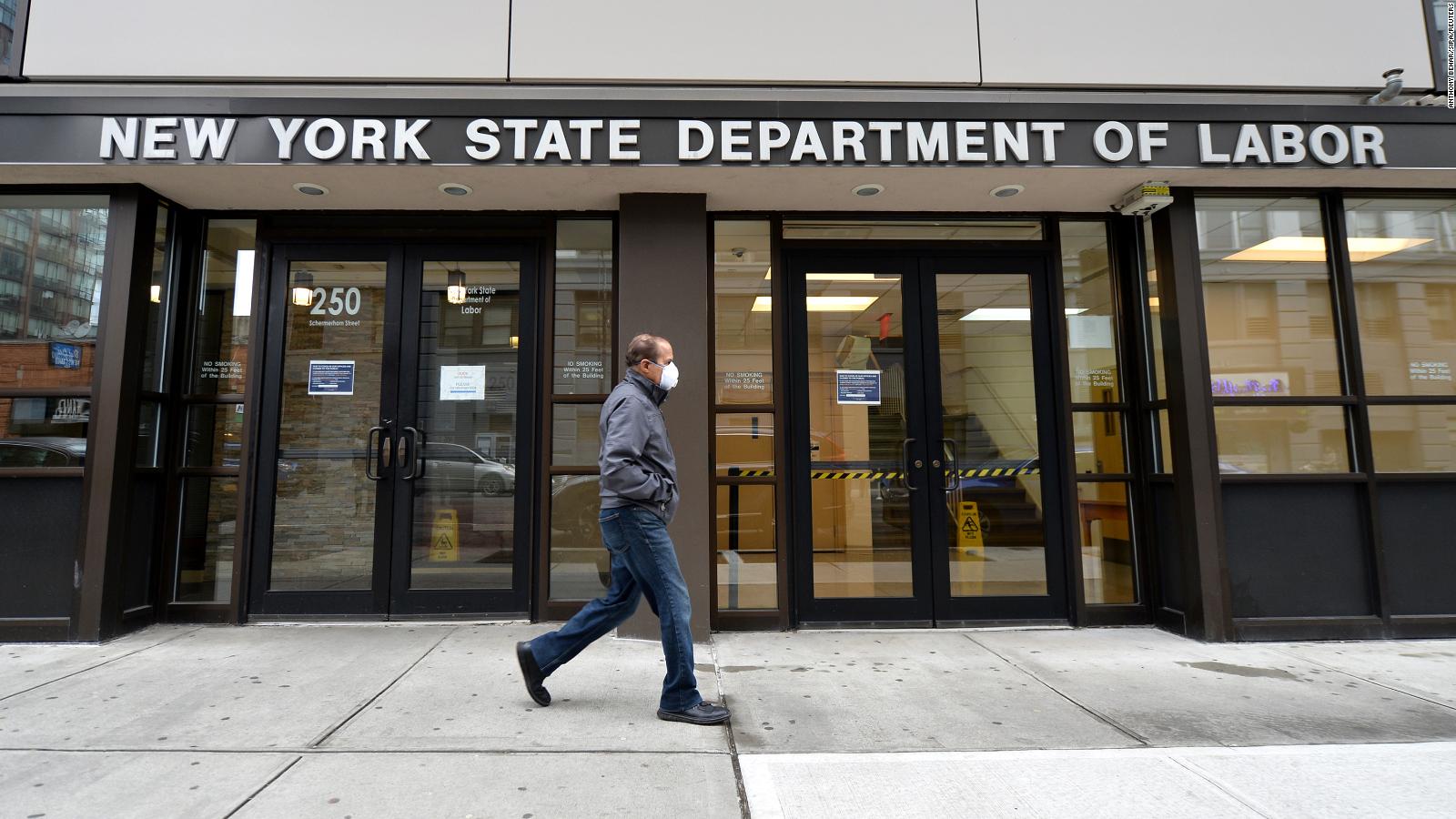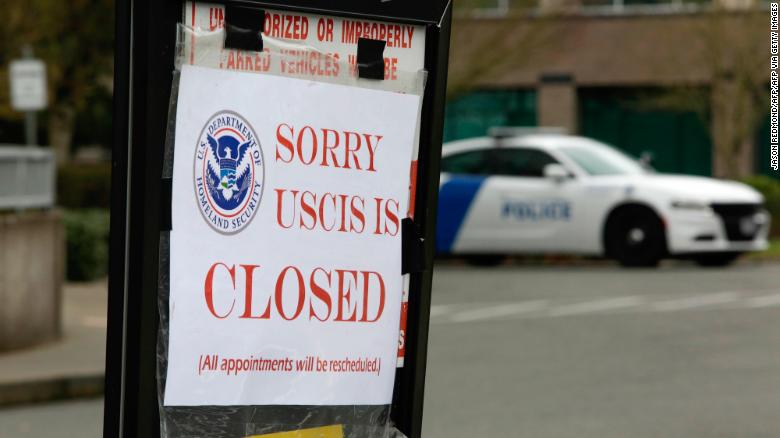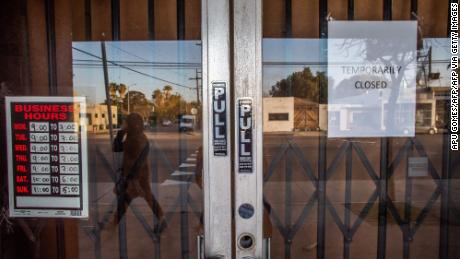Chinese workers in the US are losing their visas with their jobs. But flying home to China is too expensive

After her company laid her off last month, Tang Chen couldn’t sleep. For days, her heart kept racing. There was one question at the front of her mind: would she be able to stay in the United States?Tang comes from eastern China’s Zhejiang province, but has worked in the US since 2014. Her H1-B work visa is due to expire later this year, so the travel firm where Tang worked as a software developer in Fort Washington, Pennsylvania, had begun the arduous process of applying for a green card, which would allow her to live and work in the US permanently.The 33-year-old was so confident about building a life in America, she even bought an apartment in the US.But when Tang was made redundant on March 13, she didn’t just lose her source of income — she lost her visa status. Now her former employer has decided not to proceed with her green card application, her path to permanent residency has been lost, too. A sign showing the closure of a US Citizenship and Immigration Services (USCIS) field office in Washington. Immigrants in the US have faced uncertainty over their work visas due to the coronavirus crisis.When H1-B visa holders like Tang lose their jobs they have 60 days to file for a change of status — such as becoming a tourist or student — or find a new employer willing to sponsor their work visa.If they can’t get a new job or change their status, they have to leave the US — or illegally overstay their visa. If they leave the US after having overstayed for more than 180 days, they could be banned from reentering in future.Finding a job in the current climate is tough, let alone finding an employer willing to shoulder the additional costs and paperwork of visa sponsorship. Since she was laid off, Tang has not had much luck getting interviews and is not optimistic about being hired in the middle of a pandemic with a recession looming.She had resigned herself to going back to China — only to find out that she can’t. There are no seats available on any direct flights in April, and Tang is worried that cobbling together a multi-stop trip could put her at risk of catching the virus.“Even if I want to go back now, I can’t get a flight ticket,” she said. Instead, she’s desperately applying to university to get a student visa that will allow her to remain in the US legally.
A sign showing the closure of a US Citizenship and Immigration Services (USCIS) field office in Washington. Immigrants in the US have faced uncertainty over their work visas due to the coronavirus crisis.When H1-B visa holders like Tang lose their jobs they have 60 days to file for a change of status — such as becoming a tourist or student — or find a new employer willing to sponsor their work visa.If they can’t get a new job or change their status, they have to leave the US — or illegally overstay their visa. If they leave the US after having overstayed for more than 180 days, they could be banned from reentering in future.Finding a job in the current climate is tough, let alone finding an employer willing to shoulder the additional costs and paperwork of visa sponsorship. Since she was laid off, Tang has not had much luck getting interviews and is not optimistic about being hired in the middle of a pandemic with a recession looming.She had resigned herself to going back to China — only to find out that she can’t. There are no seats available on any direct flights in April, and Tang is worried that cobbling together a multi-stop trip could put her at risk of catching the virus.“Even if I want to go back now, I can’t get a flight ticket,” she said. Instead, she’s desperately applying to university to get a student visa that will allow her to remain in the US legally.

No more American dream
For Walton Wang, who recently lost his internship with a New York cosmetics company, there is yet another layer to his predicament.Wang came to the US for college in 2015. As a member of the LGBT community, he always hoped to stay in the country, drawn to the more open environment for sexual minorities compared to China. But Wang has changed his mind after seeing the US government’s handling of the crisis, and increased racial animosity and violence against Asians in the US.“I don’t know if I’ll be the next victim of a hate crime,” Wang said. “Recently I’ve been pondering about which identity is more important to me: being gay or being Asian?”And he has come to a painful conclusion: “I’ve been leaning toward choosing my Chinese identity because I won’t get beaten up in China for being gay.”“I feel like I have no options,” Wang said. “And this was a really harsh realization.”Like Tang, however, making the decision to go home does not mean Wang will actually be able to do so.He is in the US on a post-graduation grace period, which allows him to stay without a work visa for a year. But according to the rules, he can’t be out of employment for more than 90 days — and if the pandemic drags on, Wang thinks he could easily be jobless for three months.He started looking at flights in mid-March, but has so far been unable to find a route home due to the reduced number of flights and soaring prices.“I have no way of returning to China, and I can’t stay here for long,” Wang said. “I have nowhere to go.”

